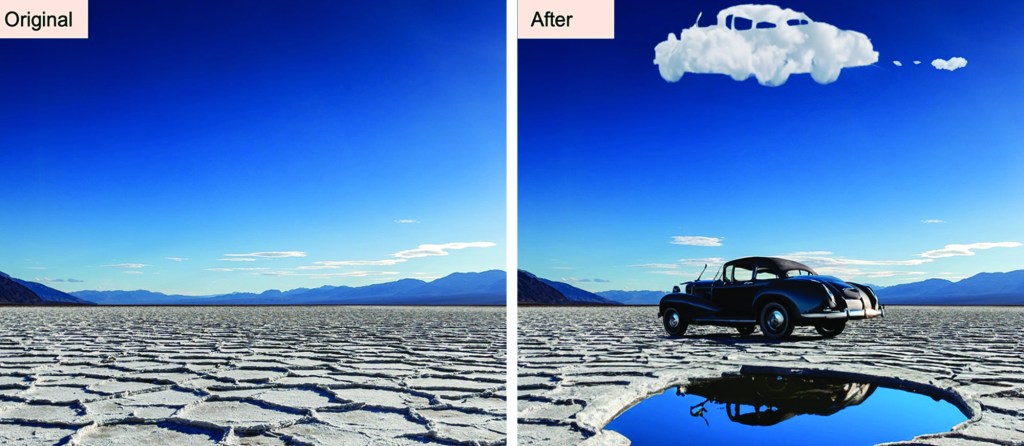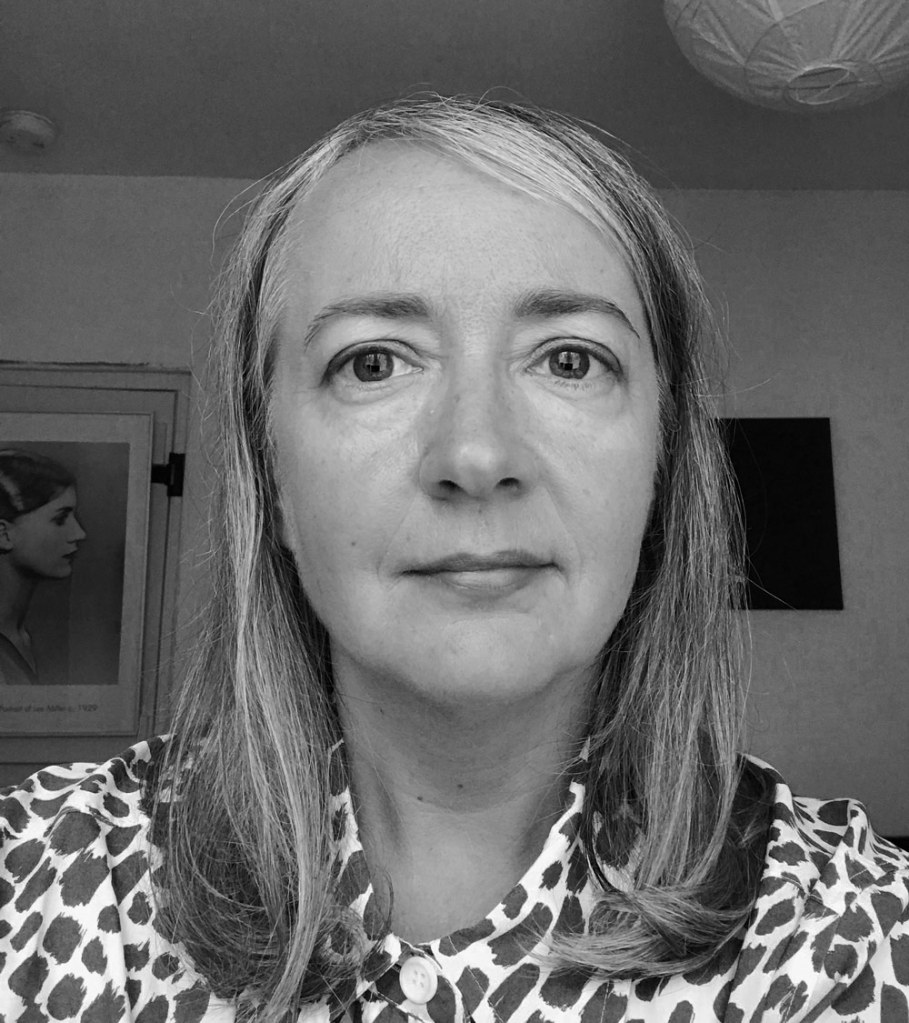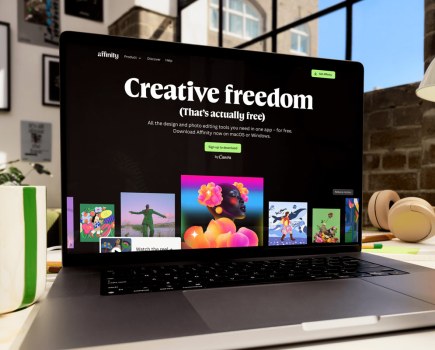AI continues to the biggest story in photo-editing and photography generally, and the UK government’s recently announced masterplan to turn the country into an AI superpower is worrying a lot of photographers
Voices in the creative industries, including photography, are ringing alarm bells over the government’s wide-ranging proposals to push AI forward in the hope of widespread social and economic benefits.
As well as citing ways in which AI could be used to help repair potholes or make the NHS more efficient, the government seems to be mulling a more laissez faire approach to copyright law.
This would allow companies to use copyrighted materials (including photographs) for training their generative AI technology, unless the creator of this material specifically opts out. “Legal uncertainty is undermining investment in and adoption of AI technology,’ claims the government.

Generating AI angst
In response, the Association of Photographers (AOP) issued a statement strongly resisting any changes to the UK’s ‘gold-standard’ copyright laws. ‘We are expected to pay for our gas and electricity… therefore, why isn’t the starting point of any new AI development opportunity proposal to compensate creators whose works have been commercially exploited to develop generative-AI – such as offering them a dividend? This needs to be resolved first.’

Other organisations and individuals representing the creative industries have expressed worries that opt-out schemes for generative AI won’t provide adequate protection and have yet to be effectively implemented anywhere in the world.
AP has published a range of opinions about the impact of AI on photography, some expressing great concern, others less so.
The AOP’s full statement
Responding to the UK Government’s AI Opportunities Action Plan1, released on Monday 13 January, the Association of Photographers calls on the UK government to consider providing a positive choice for creators rather than the grim reality of displacement that they will inevitably face if plans for reform are enacted.
Instead of calling for legislative reform and unleashing the unintended consequences of enabling certain big tech AI developers to capitalise on our creators’ cultural assets – including our photographers’ world class still and moving images – we ask government to recognise that positive choice doesn’t require changing our ‘gold standard’ copyright law, it requires upholding the law to support economic growth for creators.
As the public, we are expected to pay for our gas and electricity, with penalties for not doing so. Therefore, why isn’t the starting point of any new AI development opportunity proposal to compensate creators whose works have been commercially exploited to develop generative-AI, such as offering them a dividend? This needs to be resolved first.
Ethical AI development can and does happen in the UK without the need to relinquish control, or transfer economic value, to overseas corporations, otherwise we really will be AI & creative ‘takers’ rather than AI & creative ‘makers’.
With the announcement today from the UK Government on their action plan, the Association of Photographers CEO, Isabelle Doran, comments:
“British-based creators, such as professional photographers, have significantly relied upon the current UK copyright framework to grow their professional livelihoods and contribute to our economy.
The law on Text & Data Mining (TDM) is clear and simple to understand and therefore does not need reform. As we have repeatedly stated, a broader TDM for commercial use will impact creators – this is even with a newly proposed option to ‘opt out’.
We should be proactively offering creators a safe haven from the unjust exploits of their works online, rather than offering our beloved creative and cultural industry treasures as an enticement to big tech.
Many smaller AI developers in the UK already operate ethically and license with consent from creators who choose to be involved in AI development. For all our futures, there must be a positive choice for creators, not a grim inevitability.”







